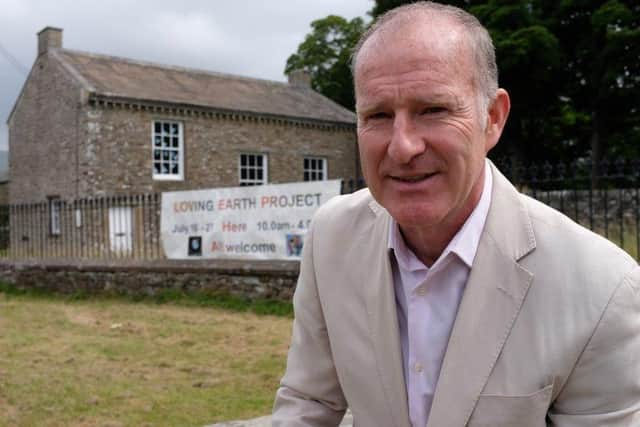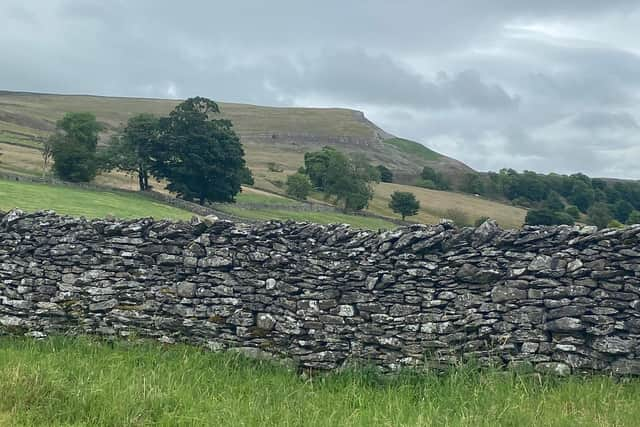Yorkshire Dales and North York Moors National parks condemn barn conversions ‘free for all’
and live on Freeview channel 276
Leading officers at both the North York Moors and Yorkshire Dales national parks have said the potential relaxation of the planning system outlined in a Department for Levelling Up, Housing and Communities consultation were very concerning.
National park bosses are dismayed a proposal to give farmers permitted development rights on barns has resurfaced less than a decade after the Government abandoned the same proposal amid an outcry.
Advertisement
Hide AdAdvertisement
Hide AdIn 2014, park authorities and MPs raised concerns about the suburbanisation of rural areas if a swathe of barns in remote areas was turned into homes, saying the proposal flew in the face of protecting national parks.


Impetus for the latest proposal has been linked to the Government abandoning housing targets and an attempt to find ways to increase housebuilding in the face of a national housing shortage.
The consultation states: “Allowing our town and village centres within protected landscapes (such as national parks) to benefit from the right could help ensure the longer-term viability and vitality of these community hubs, supporting the residents and businesses that rely on them.
“We also want to support the agricultural sector by providing further flexibilities to farmers to undertake works on their agricultural units and enable farm diversification without having to submit a planning application.”
Advertisement
Hide AdAdvertisement
Hide AdChris France, director of planning at the North York Moors National Park Authority, said agricultural buildings played a key contribution to cultural heritage of the country’s national parks.


He said: “We don’t say you can’t do anything with them, but the whole point in having a planning system in a protected landscape is to carefully control those changes.
“The proposal to take barn conversions outside the planning process completely disenfranchises local populations, neighbours and in national parks, the nation, because we wouldn’t have any input into whether we think a proposal is acceptable.
“In national parks this isn’t going to deliver more housing for local people, which is what’s needed, it will just deliver more holiday homes nd destroy our finest landscapes at the same time.”
Advertisement
Hide AdAdvertisement
Hide AdThe national park leaders said the move would do nothing to ease the need for affordable housing in either area as developers would not have any restriction on the type of homes they created.
Yorkshire Dales National Park Authority chief executive David Butterworth, said the proposal would mean up to 6,500 field barns across the 841sq mile area could be converted into homes, “decimating” the landscapes.
He added: “If I was trying to devise a policy that would essentially lead to the destruction of Yorkshire Dales national park, this would be the policy. These are permitted development rights to convert a property without any planning restriction.
“It is one of the most bonkers examples of environmental destruction I could think of. I am extremely concerned that this has been introduced now with an eight-week consultation. It is just crackers.”
Advertisement
Hide AdAdvertisement
Hide AdA spokesperson for the Department for Levelling Up, Housing and Communities said: “This consultation remains open and we will consider all responses, including that from National Parks UK, before coming to a decision. We have been clear that any developments must be beautiful and enhance the environment.”